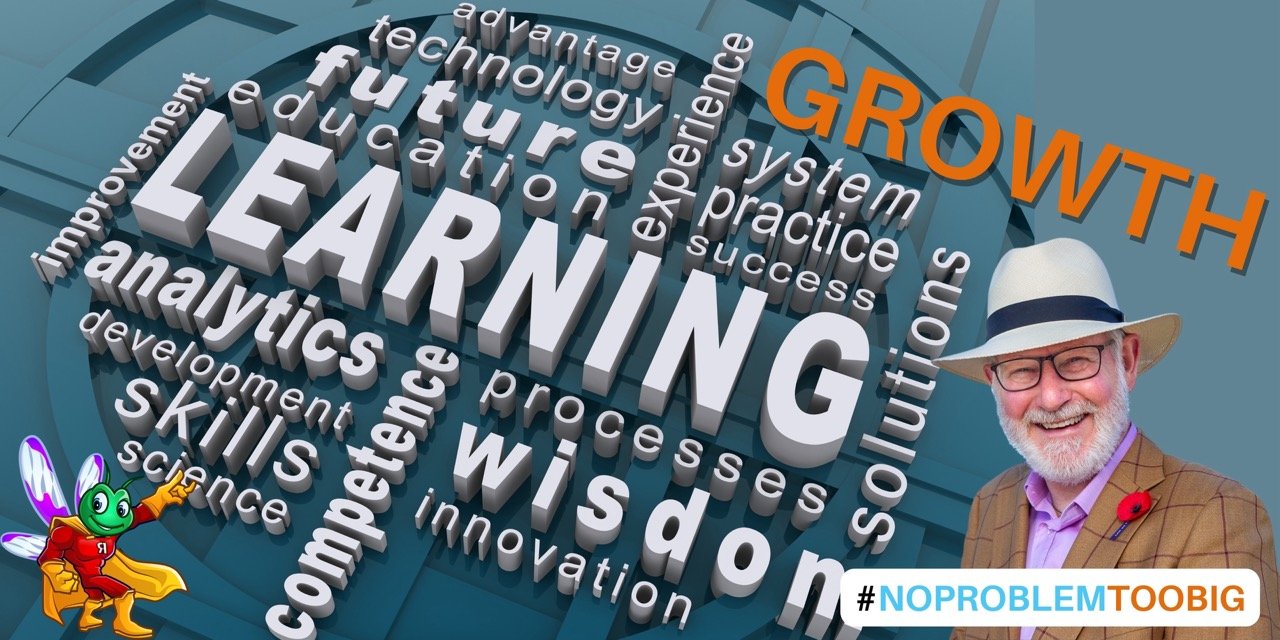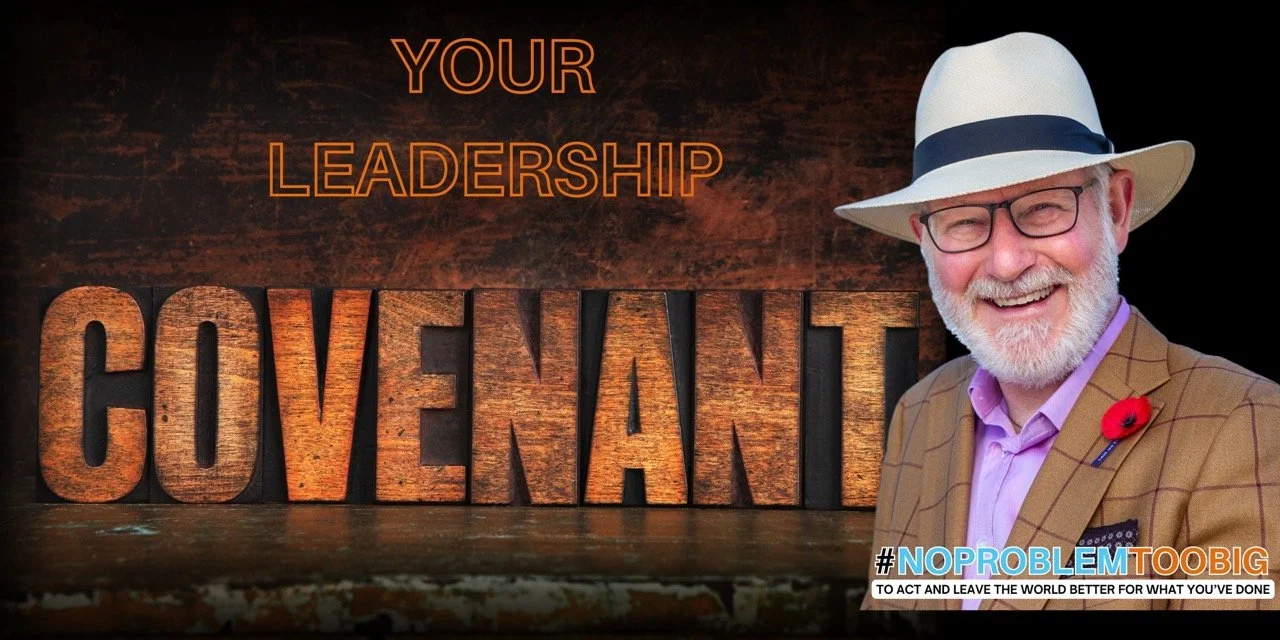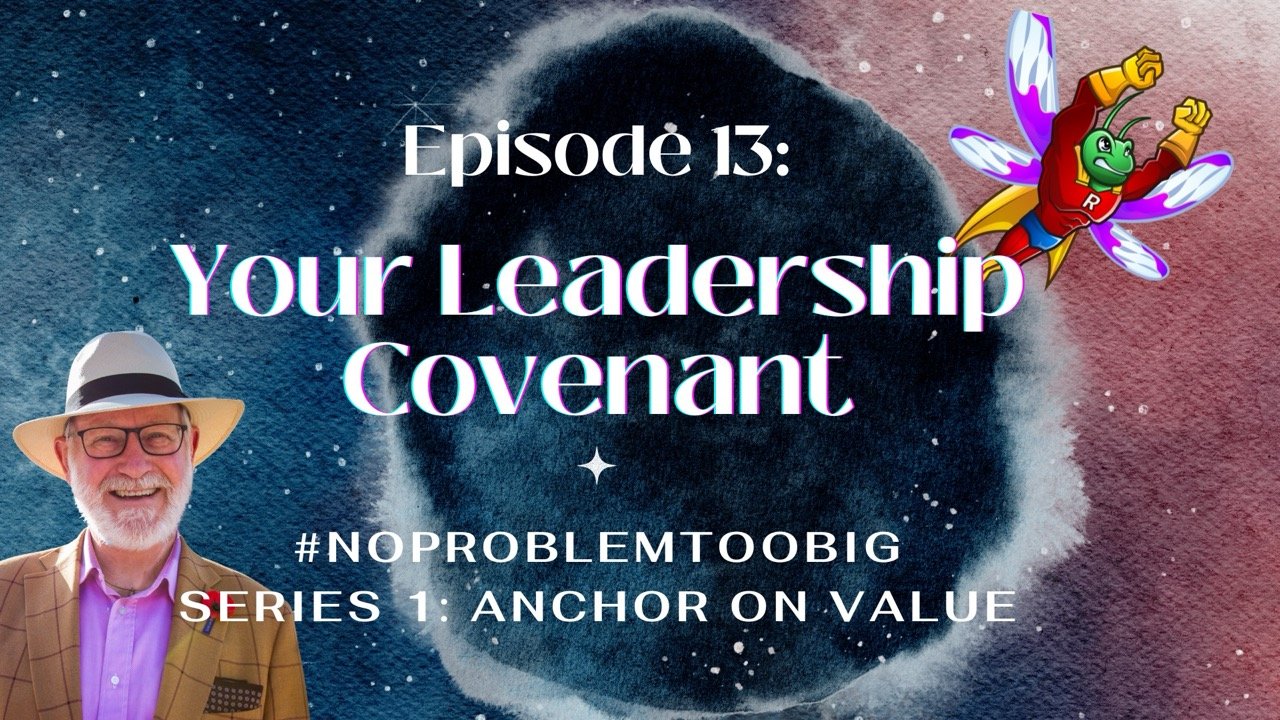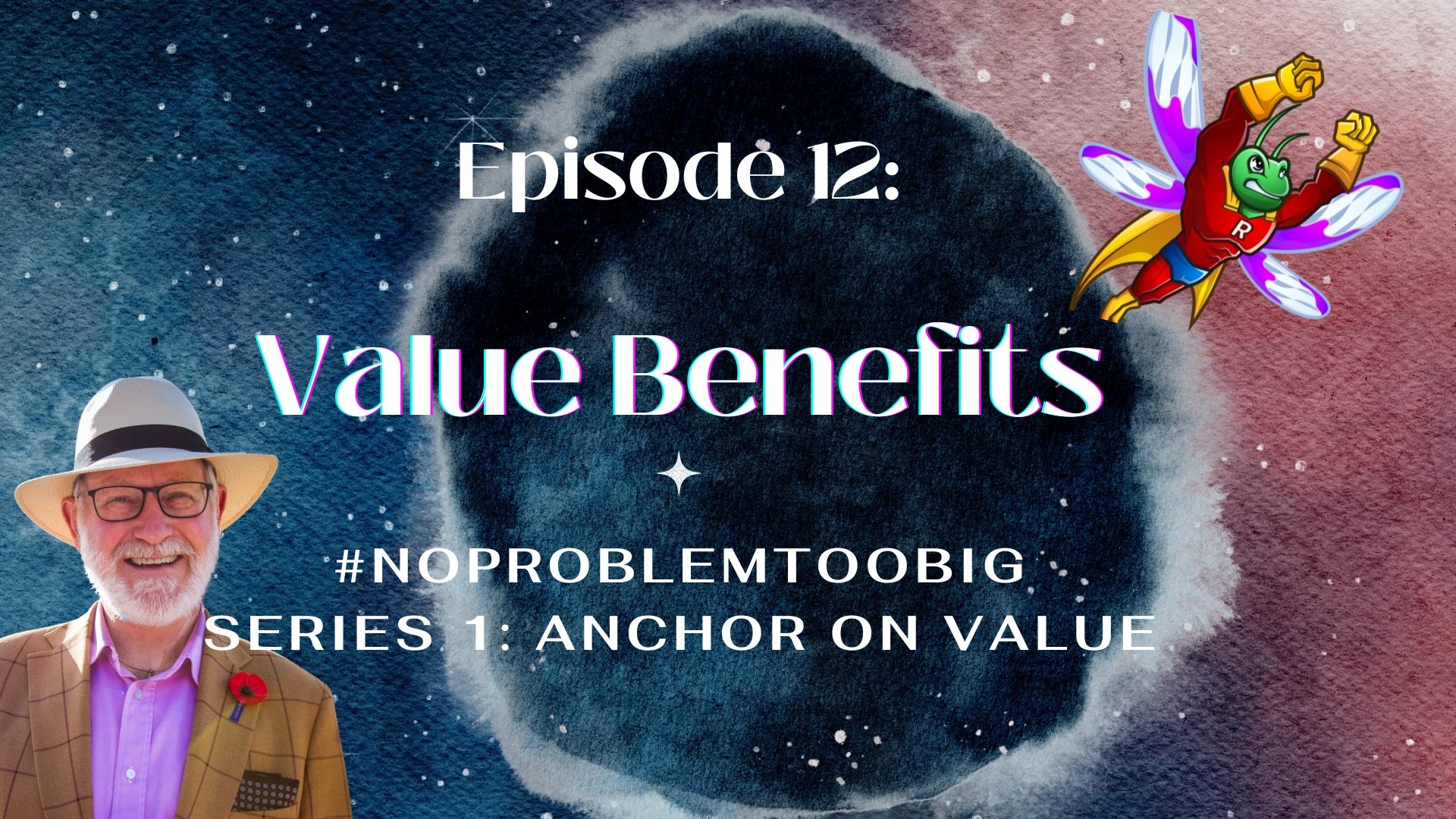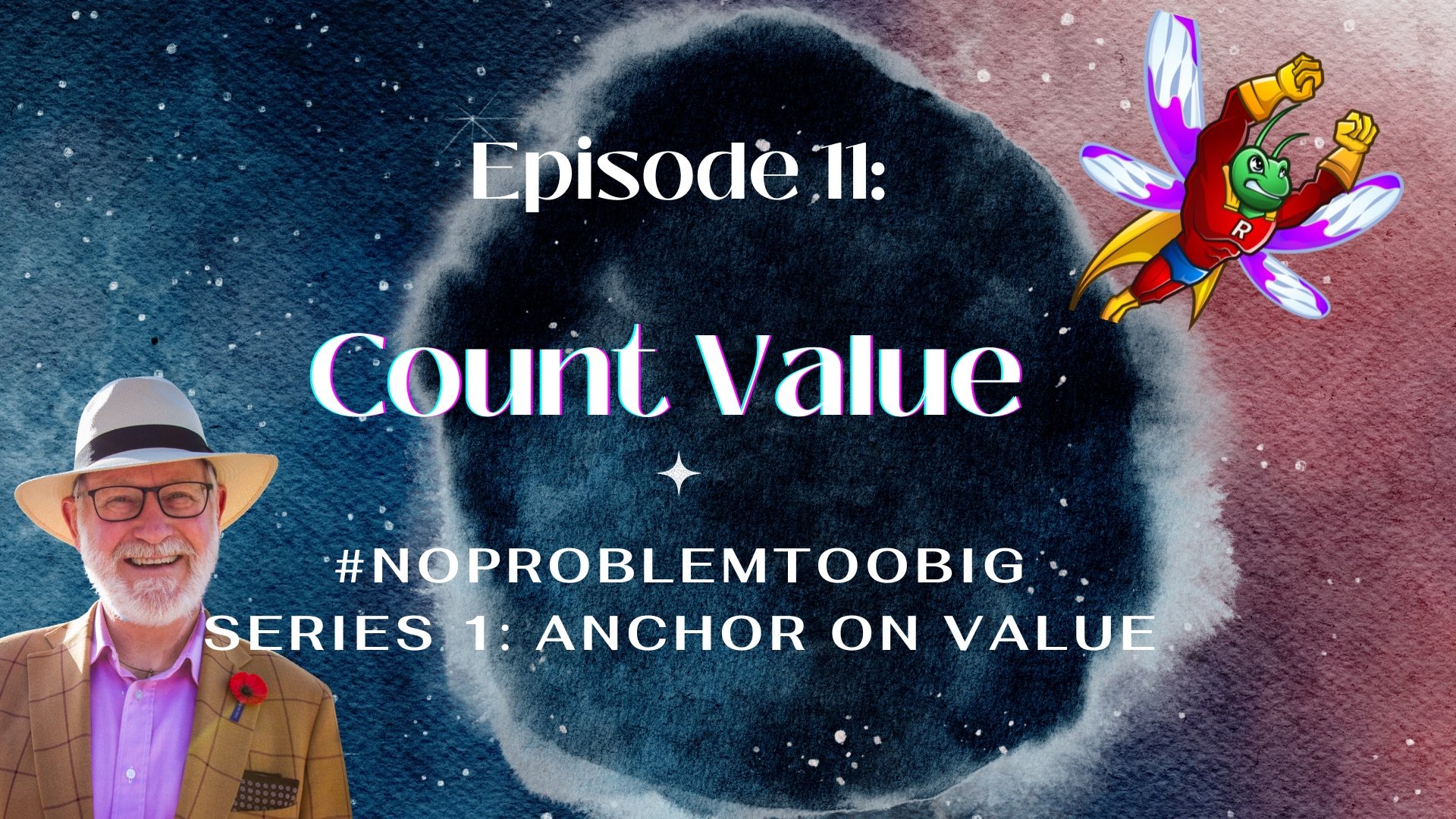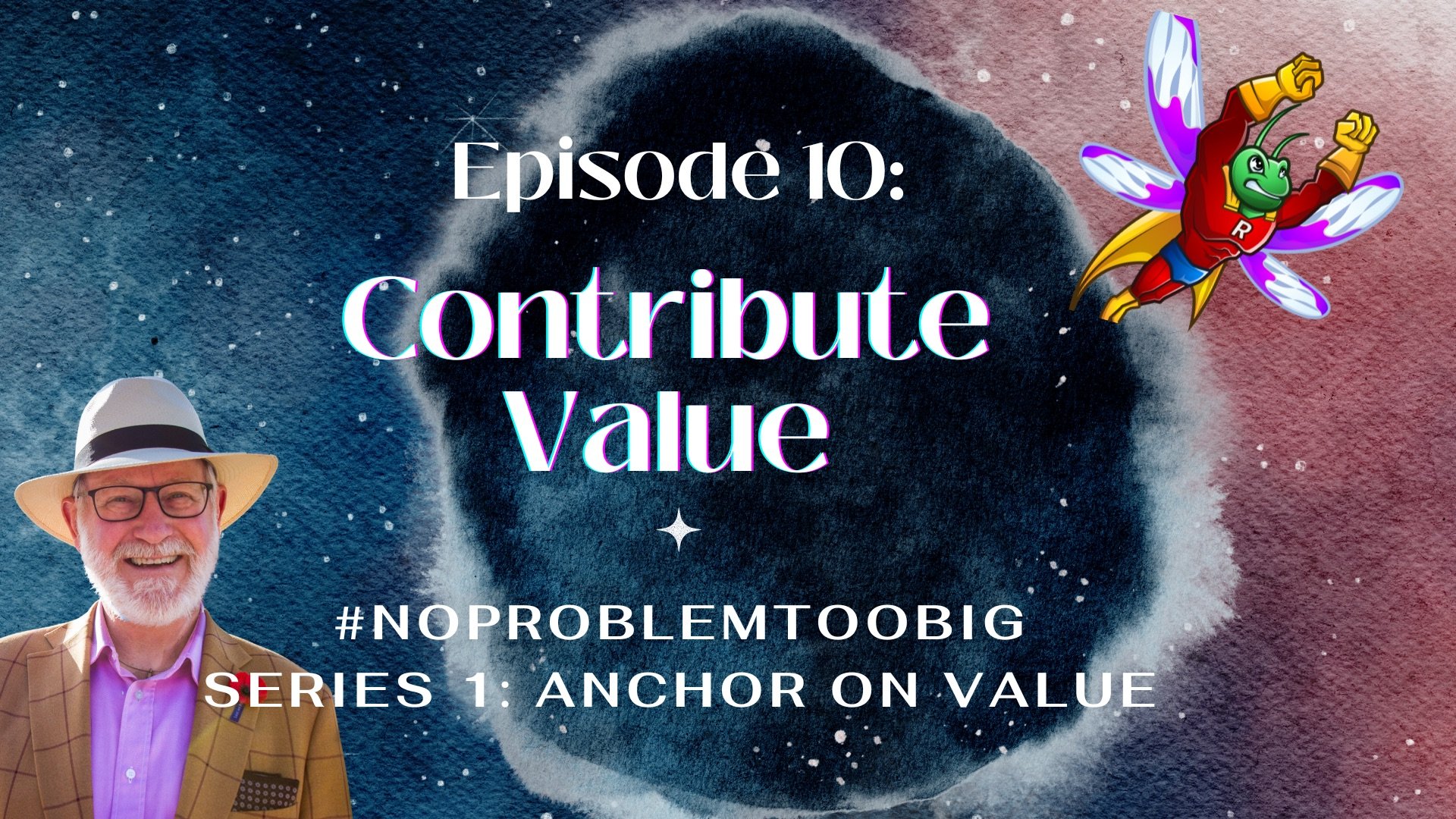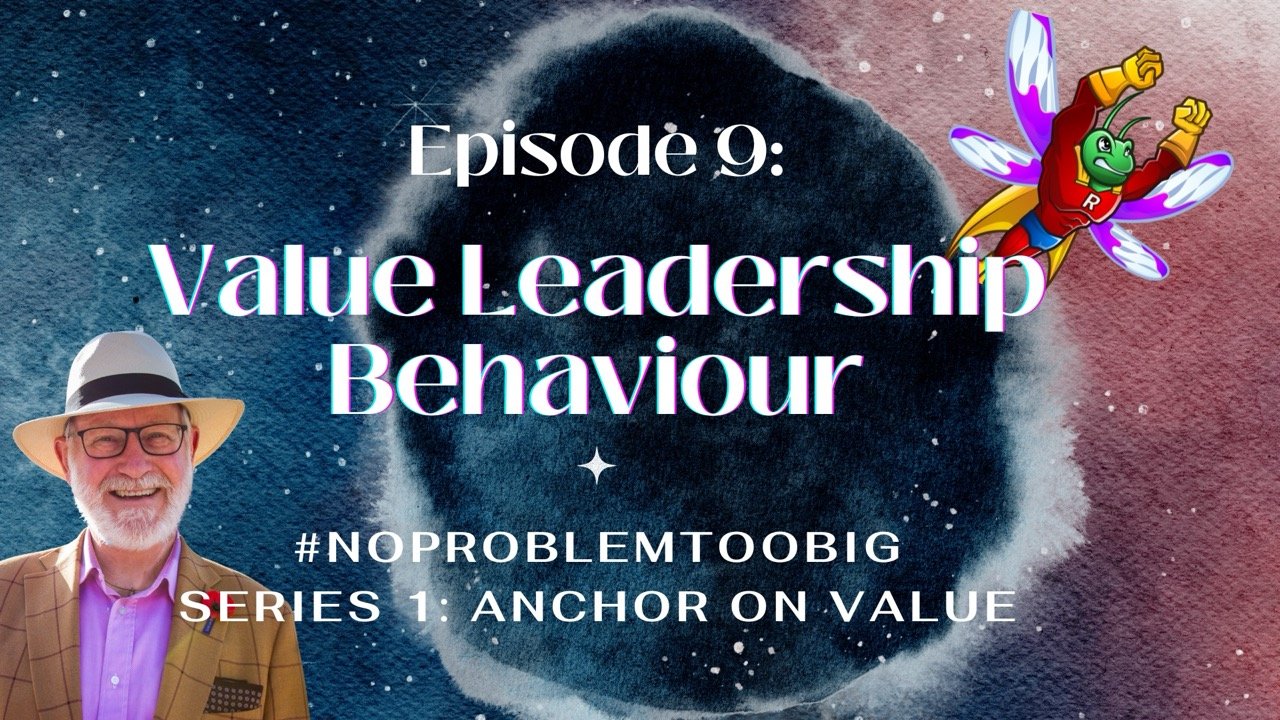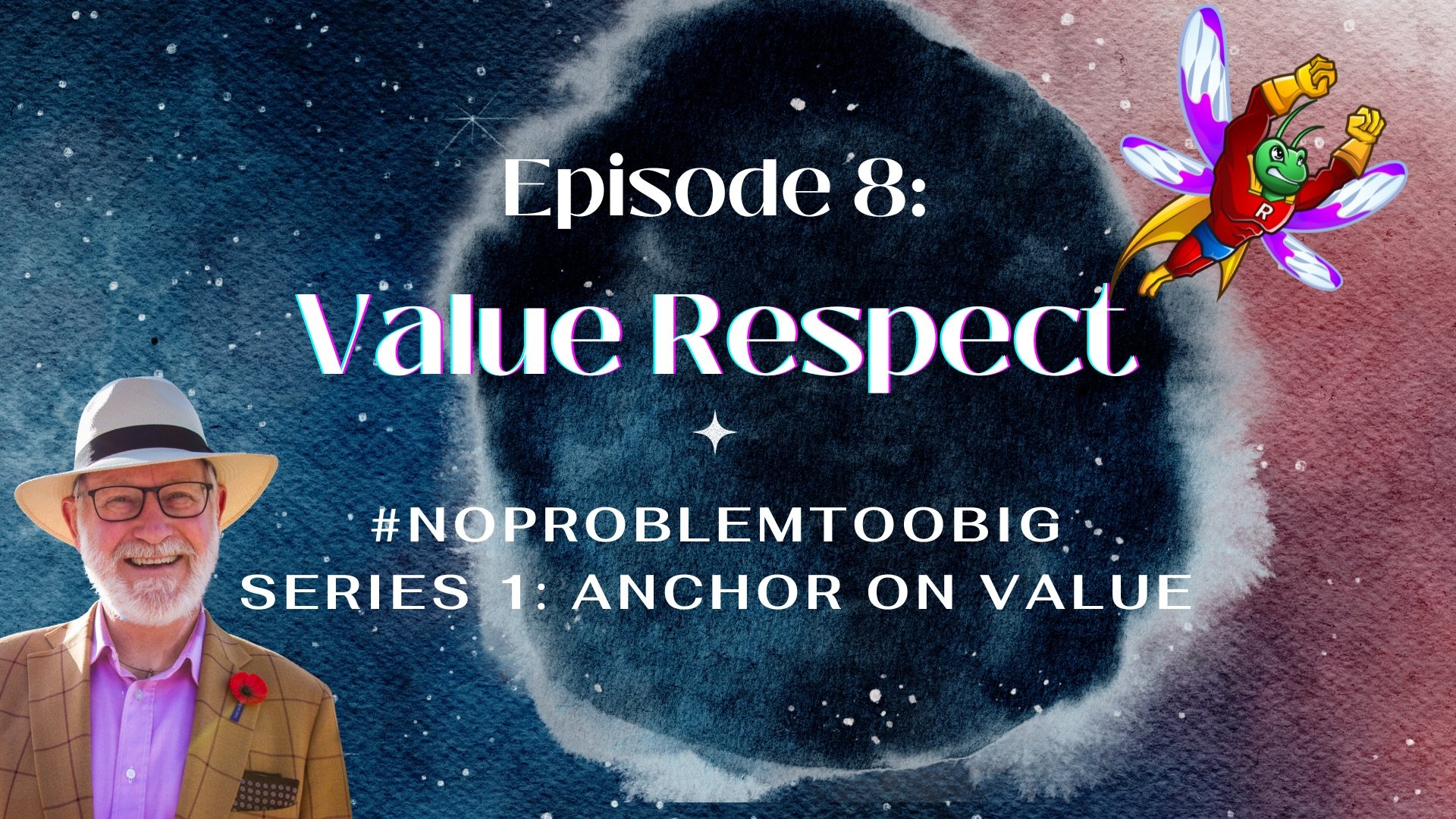To Join the Conversation subscribe to Richard’s Newsletter
Are we caught in the endless chase for growth at the expense of our planet?
We face tough choices. “Degrowth” is meant to shake us and challenge the assumptions driving our current economic systems.
In this week's article, I draw on insights from global leaders* in systems thinking and practice to offer some perspectives on how we can act – based on lessons learned from other major programs and from expanding our understanding and use of multi-perspectival approaches.
Every aspect of their advice will enable us to shift in some way from pursuing unsustainable goals to fostering genuine progress on a finite planet. If you’re curious about how we can sustain an integrated diversity on Earth, let’s explore more together.
In an era where we possess the knowledge and technology to tackle global challenges, why does progress seem elusive?
My second article on 'Growth vs Degrowth' delves into the real barriers—politics, fear, and leadership inaction.
I explore the critical role of leadership in navigating the intricate balance between growth and sustainability, drawing on insights from leaders in complexity sciences and systems engineering, particularly from my last month's attendance at INCOSE International Symposium in Dublin.
I invite you to explore insights into how complexity sciences and systems thinking can open doors for you to reshape leadership and drive meaningful change. There's a few hints in here...
Are you grappling with the tension between economic growth and the urgent need for sustainability?
Do you find yourself at a crossroads?
Is growth, as we know it, a relic of a bygone era?
Is degrowth an ideal too far for business and government?
In this article, I begin a dive into the complexity at play between growth and degrowth, drawing on wisdom gained from others at the International Council of Systems Engineering International Symposium held in Dublin from 2-6 July 2024.
It's invigorating when the synthesis of diverse minds challenges conventional wisdom, and explores the potential for a paradigm shift that could reshape our approach to business, governance, and life on Earth.
Are you hesitant about letting your people know your value framework, in full, in writing as your Leadership Covenant?
If you’re not explicit about how you conceive, contribute and count value, will people mistake interest for intent, discussion for direction, and then infer their version of you and your direction? ...when you could remove that ambiguity.
Make no mistake - there’s no right answer, but...
The idea of a Leadership Covenant brings leadership back to basics. Too often leadership comes from a negativity bias – expectation, comparison, gap filling and incentives. It’s draining and won’t go away.
I reckon leaders have more to gain by setting a different basis for engaging people.
The Leadership Covenant becomes part of your governance framework – setting an identity and framework for you and your people to adapt constantly.
In ‘Good to Great’ Jim Collins said:
“…at the outset, to be clear, it's not just about assembling the right team, that's nothing new. The main point is first to get the right people on the bus and the wrong people off the bus – before you figure out where to drive it.”
…yet in all of this wonderful book, he never actually describes the ‘bus’. And that's what this conversation on value is about.
You’re not IN a matrix. You ARE the matrix.
How you anchor on value and how you contribute value, matters more than you think.
A great quote from Dr Margaret Wheatley helps us tie together the strands of value we’ve been discussing so far. Dr Wheatley says this:
“Leadership is a series of behaviours not a role for heroes.”
…and we’ve all met a few heroes, haven’t we?
Too often respect isn't even earned. It's demanded. And if you must earn respect, you're already starting from a place of disrespect.
It's not a comfortable place to be, is it?

